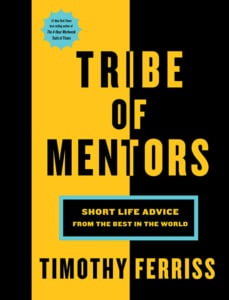Office Space and Remote Work in the “New Normal”
 The COVID-19 epidemic has had far reaching consequences for businesses worldwide, some of which remain to be discovered. But when businesses were forced to close, commercial real estate took a big hit. As the lockdown continues and businesses adjust, a new normal has begun to take shape. This may shape the direction of commercial real estate and how companies work for a generations.
The COVID-19 epidemic has had far reaching consequences for businesses worldwide, some of which remain to be discovered. But when businesses were forced to close, commercial real estate took a big hit. As the lockdown continues and businesses adjust, a new normal has begun to take shape. This may shape the direction of commercial real estate and how companies work for a generations.
Pre-Covid
Before Covid-19, commercial real estate continued record year-on-year growth. With steady cash flows, it provided an attractive investment alternative for conservative investors to corporate debt. The returns were significantly higher, but with only slightly more risk.
While remote work had been steadily growing, it wasn’t growing at anywhere close to the demand for commercial real estate space. And remote work didn’t show any signs of hockey stick growth in the near future. There were companies that publicly stated seeing great value in their teams physically working together and had no interest in moving to remote work.
Changes
Needless to say, those companies who resisted remote work found themselves with no choices in the face of governmental orders. Overnight, people who had no idea that “Slack” was a software program or that “Zoom” was something you used to meet with others got acquainted with both of them, and many other programs.
Then days turned into weeks and many of those managers’ concerns turned into unexpected surprise. Their teams were perfectly capable of working online, despite having never done so before. It wasn’t perfect, and maybe it wouldn’t be a forever solution, but a line had been crossed that couldn’t be uncrossed.
This led to serious thoughts for business owners who routinely cut five and six figure monthly rent checks. Why pay for all this space if my team can effectively work from home? It left them free to rethink the future of their office space.
Post-Covid
One of those shifts in office space could be re-imagining it as a place for meeting clients and for occasional team meetings. There could be some dedicated shared space for various team members who still wish to come in to a separate office. For some companies, this wouldn’t necessarily change their footprint that much. For other companies, it would be game-changing. Freeing up revenue to spend on attracting customers or building products during a particularly challenging economic climate.
With a change in the footprint of their office space, there will need to be more acceptance of the culture of remote work and incorporation into how the company does business. No more painful minutes spent learning Zoom on the fly. There will be established systems and procedures that existing and new employees have to understand. And they will be trained to make sure that the new remote version of the company is as good or better than the pre-Covid version.
Instead of waiting for things to go “back to normal” (whatever that means) the best business owners are proactively managing the situation as it unfolds. They’re not content to be passive receivers of changes. They are dealing with the changing landscape with flexibility. They’re anticipating all that might come with the knowledge of what’s happened in first half of 2020.
Are you thinking about making changes to how your team works and how your office is configured? We know people who can help. Give us a call!

 Another article about selling a business? Well, we’re
Another article about selling a business? Well, we’re 

